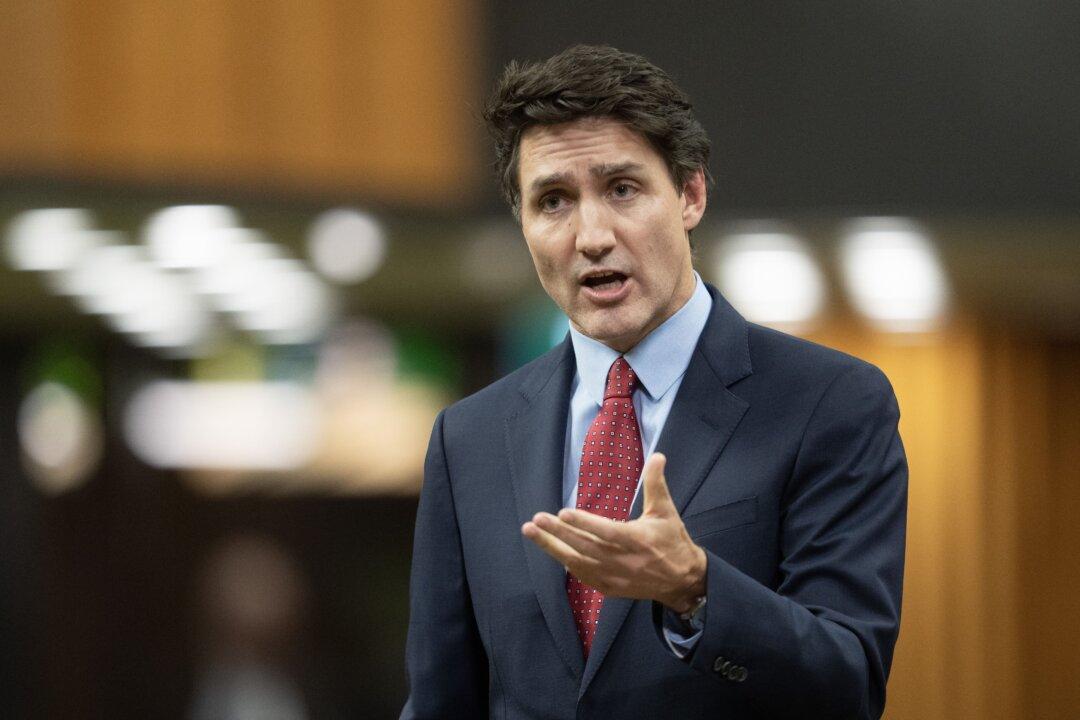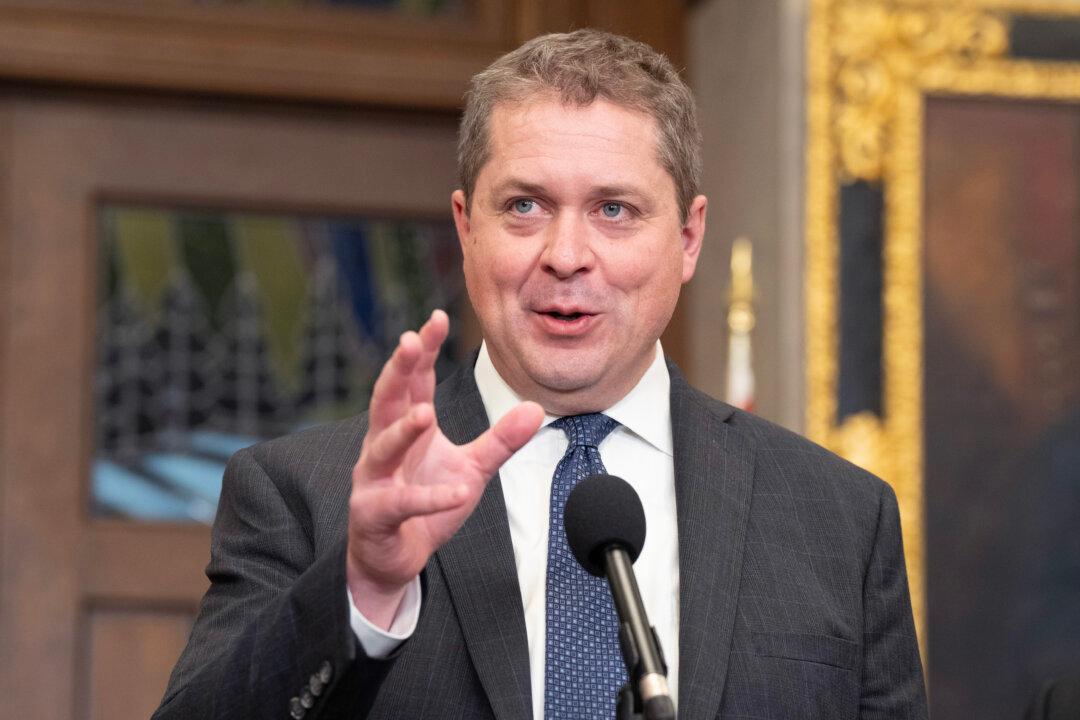Prime Minister Justin Trudeau says he will not expand the proposed $250 cheques to include more Canadians like seniors and those with disabilities, after the NDP set this condition to support any related legislation.
Trudeau made the comment the day after the House of Commons passed Bill C-78, which seeks to enact a two-month sales tax holiday. The bill, which didn’t include the $250 cheque provision, passed with NDP support and will go to the Senate for review.





